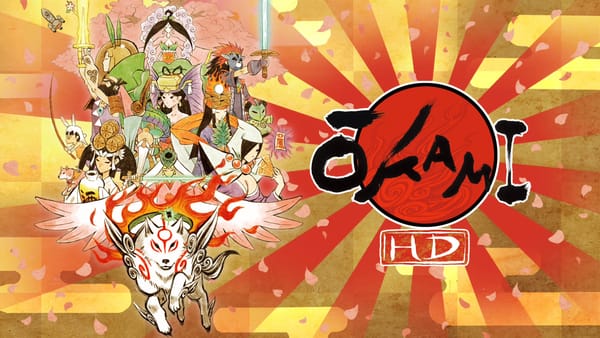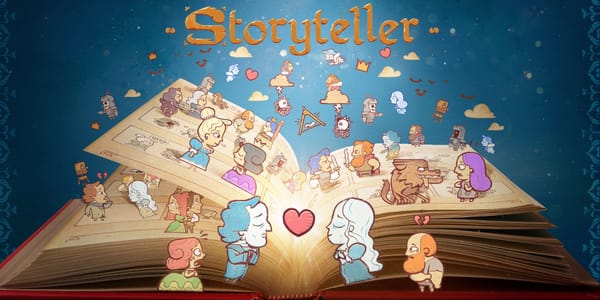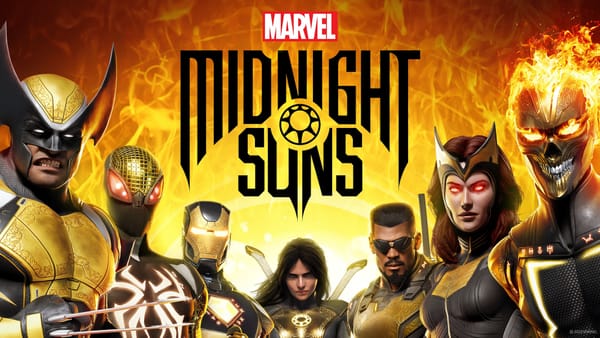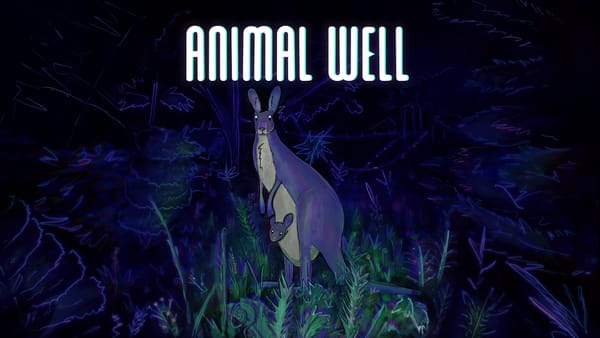Unsighted and the solution to side quest dissonance
You may not like it, but this is what narrative cohesion looks like
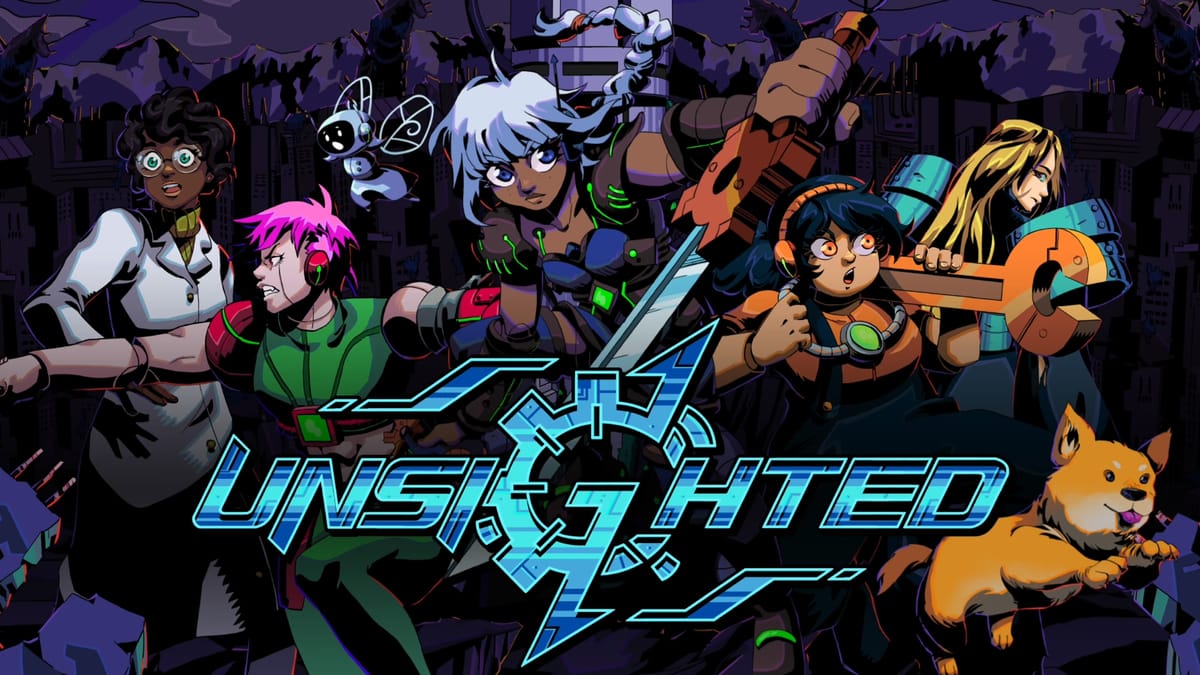
One of the first things Unsighted asks you is: Do you want to let grandma die?
Of course not, you initially reply. Of course I do not want this very sweet grandma-looking character to permanently die at the hands of Unsighted’s ever-ticking game clock. Unsighted, in addition to being a tight, eight-hour Metroid/Zelda-like with terrific pixel art and a great soundtrack, is also a game where, if you don’t move fast enough, everyone will die. Grandma. That one shopkeeper who lets you upgrade your weapons. Your fairy companion.1 Even you. Everyone has a ticking clock next to their name, and the game means it: they will die once that runs out. Unsighted provides you with meteor dust, a limited consumable that extends your or another’s time by 24 in-game hours, but there isn’t enough of it to go around. You’re going to have to let some people die. And that starts with deciding whether grandma is worth keeping around.
There’s an essential cognitive dissonance inherent to games with side quests. When it comes to fictional stakes, games really love to up the ante to the level of “the world will end,” or “the world has already ended, but there’s hope it might be rebuilt,” or some such derivation of “you need to save the day.” Side quests, which task you with smaller missions that often feel like distractions or detours from this essential duty, can feel absurd in the greater context. Why am I running off to get 10 baubles for Bauble Boy or to kill 20 rats for Rat Hater when over yonder, right beyond that giant fiery mountain and/or miasmatic cloud swirl, is Evil Lord Evilson, who is actively bringing about armageddon? Some games deal with this dissonance by winking at the player, breaking the fourth wall to say something to the effect of, “We all get that this is kind of silly.” But at the end of the day, whether it’s Kratos chasing a pig or Aloy taking an “errand” to help someone called Boomer, there is no getting around the sense that, for video game protagonists, the end of the world will stop at a moment’s notice to accommodate your desire to sightsee.
Not so in Unsighted. After initially keeping Sweet Grandma Robot alive, I decided to let her die. In the fiction of the game, humans are a thing of the past, with only robots and androids like yourself remaining alive, given consciousness by a giant meteor that landed on Earth and sits at the center of the map. Unfortunately, Unsighted’s Evil Lord Evilson has blocked access to that meteor, leaving you and everyone you love to bide your time while the light of existence gradually dims, which, when it does, will leave you unsighted: an almost feral state in which robots lose their ability to reason and lash out violently against everything and anything.
When it comes to overall plot beats, Unsighted’s story isn’t going to win any awards for originality,2 but what it does with its constraints is groundbreaking. Characters are going to die in Unsighted in your first playthrough. There is just not enough meteor dust to go around while you solve ice block puzzles and hookshot your way around rusty factories. The temptation, then, is to rush to the endgame. To get to the final boss and save the day. But amidst this, your fairy companion asks you to help her find her sister, from whom she’s been separated.3 In any other game, this would be a no-brainer. Of course I’ll help you find your sister before we fight the great evil! What kind of monster wouldn’t? Except, in Unsighted, in order to buy myself time to complete this side quest, I had to let Sweet Grandma Robot die. And also a shopkeep who was very nice but whose usefulness to my quest had run its course. In addition to a combat trainer who, I have to be honest, I didn’t realize existed until she died. Every action in Unsighted come at a cost. The game asks: What are you willing to sacrifice in order to pursue this? And sacrifice you will.
I don’t want every game to make side quests into something that kills in-game characters, but I do admire a game that tells you that time has real meaning and consequences, and that even heroes have to make decisions about who and what they value most. In game narratives, we’re accustomed to power fantasies that let us save literally everyone and everything, so to encounter the opposite is a shock to the system. Unsighted is brave enough to tell the player the truth: you can’t save everyone, so choose your battles wisely.
Hey, listen: I did say it was a Metroid/Zelda-like. ↩
Though it is refreshing to have a queer love story involving characters of color, and a diverse set of representations of people with disabilities. Still, my praise for the story can only go so far: there’s a giant meteor and an evil wizard at the heart of everything. Tropes are gonna trope. ↩
The Majora’s Mask parallels are a lot. ↩


